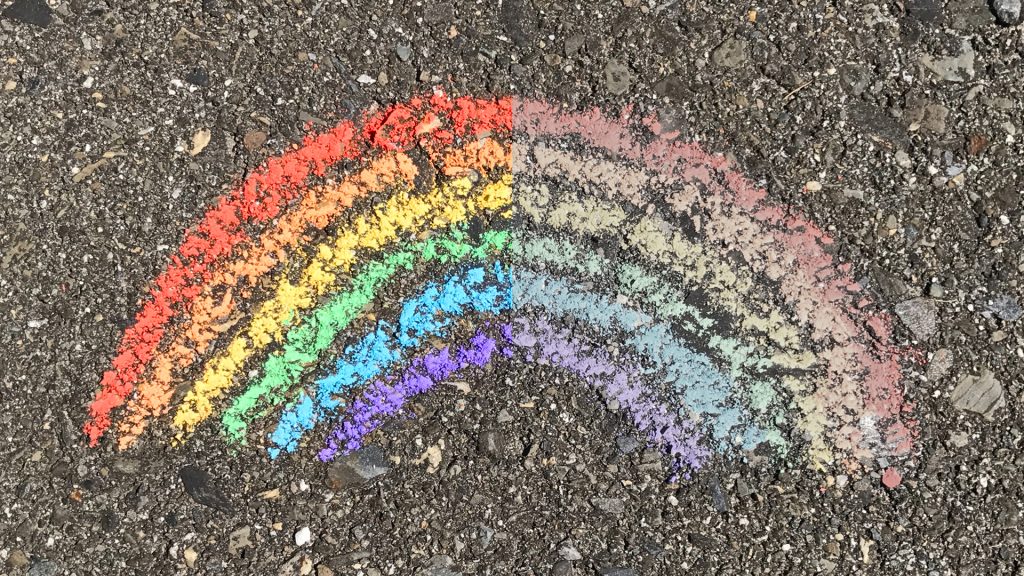In an essay from April 1862, Ralph Waldo Emerson wrote, “The end of all political struggle is to establish morality as the basis of all legislation. It is not free institutions, it is not a republic, it is not a democracy, that is the end—no, but only the means. Morality is the object of government” (American Civilization). When Emerson published those words, America was embroiled in the early days of a Civil War that would eventually claim the lives of as many as 800,000 (three-quarters of those soldiers). The War that nearly tore the young republic apart was waged primarily on an issue of morality. Or rather, the immorality of slavery. Emerson, and the majority of his Union contemporaries, was an abolitionist. An abolitionist who sought a government that was moral “and does forever destroy what is not.”
Much has changed in 160 years. We are still working “to form a more perfect Union, establish Justice, insure domestic Tranquility, provide for the common defense, promote the general Welfare, and secure the Blessings of Liberty to ourselves and our Posterity” (Preamble, The Constitution of The United States of America). But as we draw near to the quarter mark of the twenty-first century, morality has shifted dramatically.
We have not shifted our view on the immorality of slavery. Thankfully, that is now a self-evident truth for all but an extreme minority. But our views of what is moral have morphed significantly from the morality of Emerson, Lincoln, Sumner, and the like.
Today an increasing number of Americans believe gender is fluid and that it would be wrong to say otherwise. Vocal and influential proponents of this view argue that gender is a complex and multifaceted aspect of identity and can be influenced by a host of cultural, social, and personal factors. Building upon the sentiment expressed by the Supreme Court’s 1992 plurality opinion in Planned Parenthood v. Casey, every person has “the right to define one’s own concept of existence, of meaning, of the universe, and of the mystery of human life.” The morality of identity in 2022 is drastically different from that of 1862.
Today, seven years after the Supreme Court’s Obergefell decision, granting same-sex couples a right to marry, 71% of Americans view gay and lesbian relations as morally acceptable (Gallup, 2022).[1] Additionally, 81% of Americans hold that divorce is morally acceptable, and 70% have little issue with having a baby outside of marriage. By every measurable indicator, Americans’ views on marriage have slid precipitously. The institution, once revered as a fundamental good for humanity and essential for the formation of civil societies, has been so tarnished and altered that the rate of Americans ‘going to the altar’ is now at its lowest level on record.[2]
Today, following nearly fifty years of pro-abortion propaganda, in the wake of the Supreme Court’s decision legitimizing abortion in Roe v. Wade, a substantial majority of Americans (61%) remain supportive of abortion in all or most cases. [3] With the push to view life as beginning at some point of an amorphous determination of “personhood,” not conception, views on euthanasia have also made a move. Now 55% of Americans have little, if any, moral issue with doctor-assisted suicide.
Today in America, the list of issues no longer considered immoral increases almost daily. More than 75% of Americans agree that sex before and outside of marriage is common, acceptable, and now normal. [4] For 69% of Americans, “Any kind of sexual expression between two consenting adults is acceptable.” [5] Less than three in ten Americans any longer regard gambling as a vice. As the polling data flows in from groups like Gallup, Pew, Barna, and LifeWay it becomes clear that Americans’ moral sensibilities and theories are strikingly different than they were 160 years ago. What once was governed by a strong virtue ethic—grounded in a Judeo-Christian worldview—is now predominantly existentially utilitarian. 84% of Americans now agree “the highest goal of life is to enjoy it as much as possible.”[5]
Come mothers and fathers
Throughout the land
And don’t criticize
What you can’t understand
Your sons and your daughters
Are beyond your command
Your old road is rapidly agin’
Please get out of the new one
If you can’t lend your hand
For the times they are a-changin’
The Times They Are A-Changin’ – Bob Dylan
Would Emerson recognize the America of 2023? Or would he find himself right back where he was in 1862; in the early days of a civil conflict endangering the unity and future of the United States? Even asking such a question in 2023 invites the retort of the progressive, “Don’t you dare try to push your position on me. Don’t you know you can’t legislate morality?” To which we respond, as Emerson did, “Morality is the object of government.” The only question that remains is, whose morality?
[1] https://news.gallup.com/poll/393515/americans-say-birth-control-divorce-morally-acceptable.aspx
[2] https://www.wsj.com/articles/u-s-marriage-rate-plunges-to-lowest-level-on-record-11588132860
[3] https://www.pewresearch.org/fact-tank/2022/06/13/about-six-in-ten-americans-say-abortion-should-be-legal-in-all-or-most-cases-2/
[4] https://news.gallup.com/poll/393515/americans-say-birth-control-divorce-morally-acceptable.aspx
[5] https://www.barna.com/research/the-end-of-absolutes-americas-new-moral-code/

Miles is the senior pastor of Cross Connection Church in North San Diego County, California. He serves as a board member at Enduring Word and Blue Letter Bible.
Miles has a master of divinity degree from Gateway Seminary in California, and is finishing a doctor of educational ministry at Southern Baptist Theological Seminary in Kentucky.
Miles and his wife Andrea have four children, two dogs, three rabbits, a tortoise, a chinchilla, a hamster, a cat, and a crested gecko.





I agree that God created man and woman and “gender fluidity” is the work of Satan. I also agree that our goal as a society should be “every child a wanted and cared for child.” To do that, we must agree that sperm donors are just as responsible for an unwanted pregnancy as the woman. Many single women would not choose to abort if they were assured there would be money available for childcare so she could work. Not happening today.
The act of homosexuality is a sin. But there is much debate if homosexuality is inborn or a factor of one’s upbringing. I believe that “gender fluidity” is a sin, I believe that abortion on demand is a very bad idea (but things do need change!), and I believe the act of homosexuality is a sin. But I will continue to sow the fruit of the Spirit to these people, just as I believe Jesus would do. The church needs to do better in welcoming these people, so we can show them love and acceptance and a way to salvation.